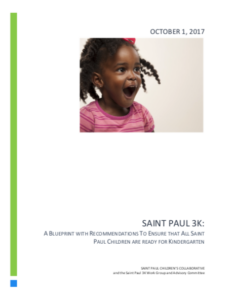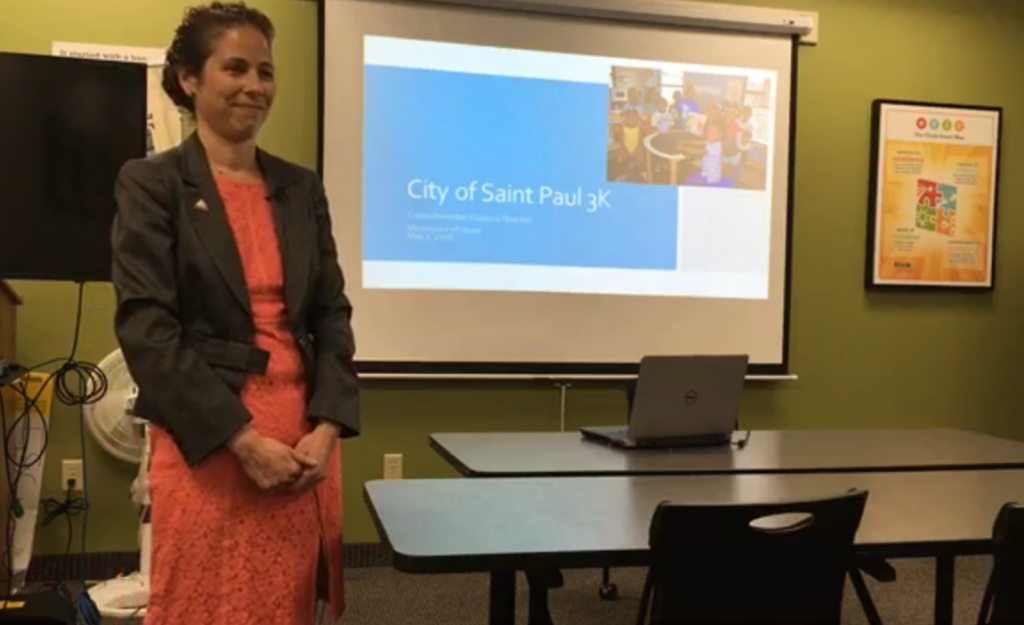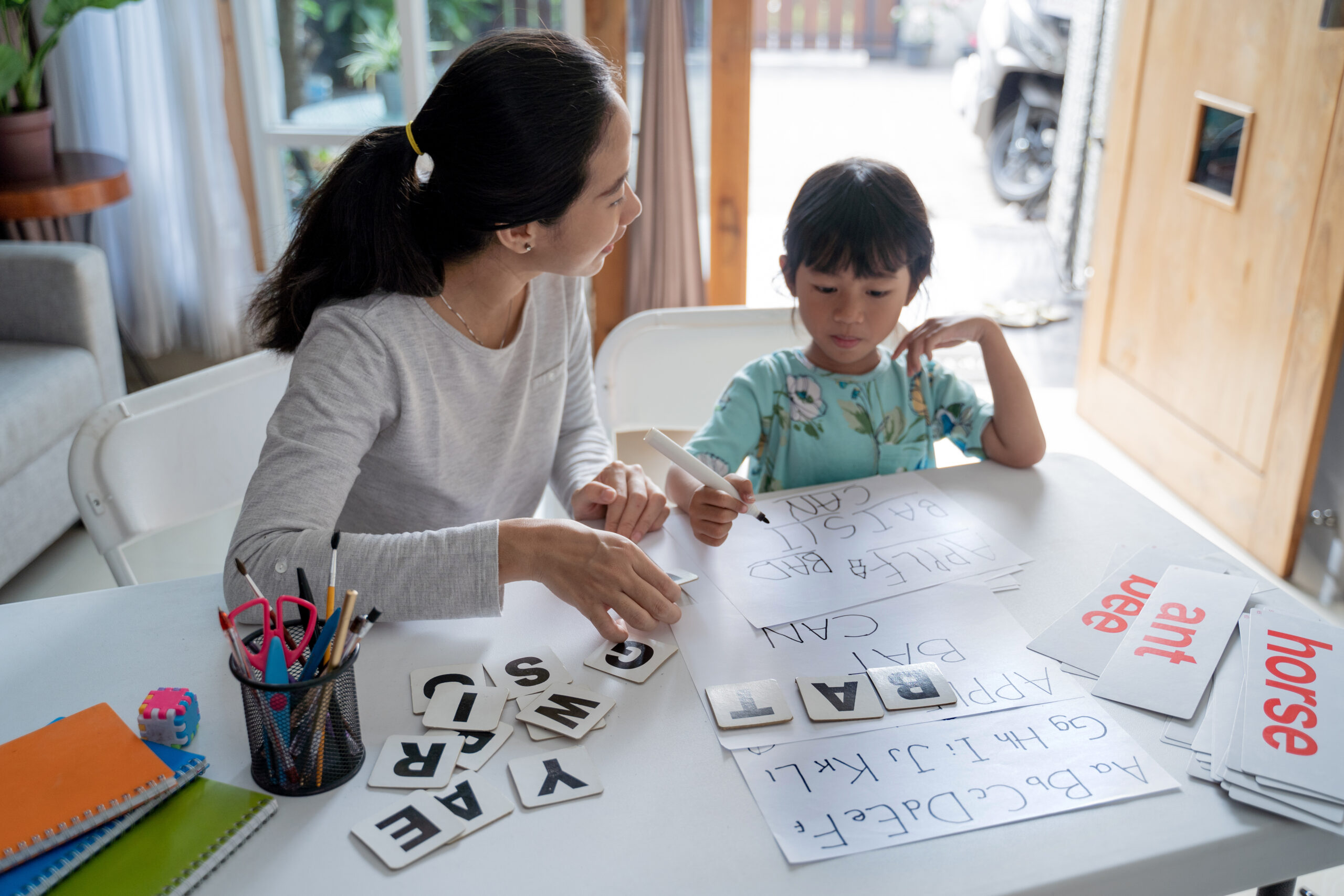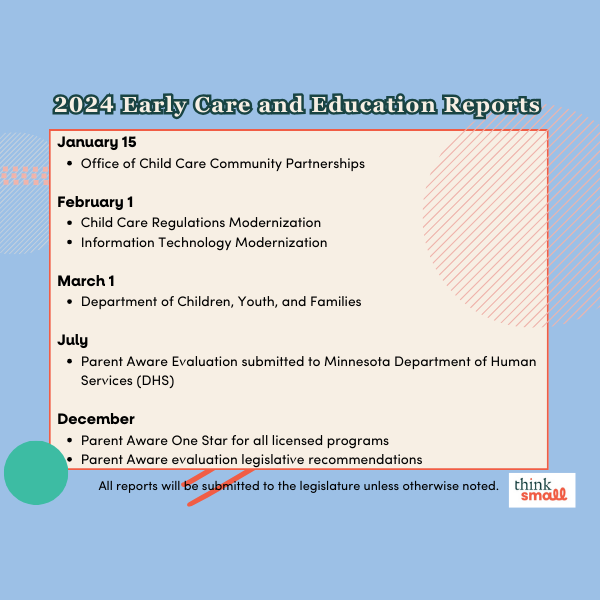 The program would address many challenges families face when they have young children. Quality child care is expensive, and many families struggle to afford it. Current financial assistance via the Child Care Assistance Program (CCAP), and Early Learning Scholarships, is insufficient. Navigating the options for child care is also very difficult for families.The city has a 22% poverty rate, and 34% of children live at or below the poverty level. For families and businesses alike, access to quality child care is an economic development issue. Young parents need access to stable care in order to work, and businesses benefit when employees can attend consistently and without distraction because they know their children are safe and well cared for.
The program would address many challenges families face when they have young children. Quality child care is expensive, and many families struggle to afford it. Current financial assistance via the Child Care Assistance Program (CCAP), and Early Learning Scholarships, is insufficient. Navigating the options for child care is also very difficult for families.The city has a 22% poverty rate, and 34% of children live at or below the poverty level. For families and businesses alike, access to quality child care is an economic development issue. Young parents need access to stable care in order to work, and businesses benefit when employees can attend consistently and without distraction because they know their children are safe and well cared for. While providing high-quality early education is not often seen as the responsibility of an individual city, several other cities around the country provide public funding for early education programs, including Boston, Denver, Los Angeles, New York City, San Antonio, and Seattle. Noecker said that Saint Paul can’t continue to wait for the state or federal government to step up and address the issue.The finished report came out in Fall 2017.View the Executive SummaryView the ReportThe group agreed on four core elements that a citywide program should include:
While providing high-quality early education is not often seen as the responsibility of an individual city, several other cities around the country provide public funding for early education programs, including Boston, Denver, Los Angeles, New York City, San Antonio, and Seattle. Noecker said that Saint Paul can’t continue to wait for the state or federal government to step up and address the issue.The finished report came out in Fall 2017.View the Executive SummaryView the ReportThe group agreed on four core elements that a citywide program should include:
- Family and Community Friendly. Participation is voluntary, and families choose the program that meets their needs and works best for their schedule. The 3K would be mixed-delivery, meaning programs in all settings (child care centers, family child care, school programs, etc) can participate, as long as they meet quality standards. Accessing 3K should be simple to navigate, and implementation would include outreach, especially to communities facing barriers to access.
- Rooted in Equity. Participating 3K programs must accept children with special needs. They also must accept child care assistance and other public funds. The program should fully fund the cost of full-day, year round care.
- Committed to Quality. Programs will have to have a Parent Aware rating to be eligible. Programs with a One or Two stars will need to have a plan to increase to 3 or 4 stars.
- Build on foundation of accountability. The program will need to include an evaluation component. Funds will supplement, not supplant, current funding.
About 9,000 children in Saint Paul are 3-4 year olds. Many families are unable to access high-quality, affordable child care. The citywide poverty rate is 22%, but 35% of children live at or below the poverty level.Raising the city sales tax is the only feasible option for funding the program. A modest property tax increase will not raise enough revenue, and philanthropy was considered but not sustainable enough. The group considered models from other cities when looking at how best to fund the program. A city sales tax increase would require legislative approval.The next step is to look more specifically about what implementation would look like. A design team will be assembled to discuss the details. The city is already working with Metrix IQ, which specializes in early childhood education policy and operations.Policy Hour attendees asked several questions about details of what 3K would look like in action. Noecker said the Design Team will be working on many of these specifics, which they hope to have outlined by the end of 2018. Questions still left to be answered in more detail include:
- How will Saint Paul provide enough spots to serve all children and families who want the service?
- What will coordination with Parent Aware and coaches look like?
- What will training around trauma-informed care and social-emotional development look like?
- How will the program reach all parents?
Noecker noted that in their discussions, additional issues were raised, such as serving 0-3, tackling early childhood educators’ compensation, and improving coordination with higher education programs. However, the group had to keep their focus narrow in order to make actionable progress.The work also includes coordinating with the Mayor’s office, school board, county, and city council in order to insure their messaging is complementary, and so that residents understand the larger goal of creating a more equitable Saint Paul.








